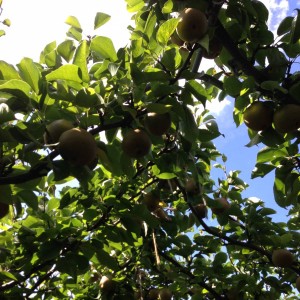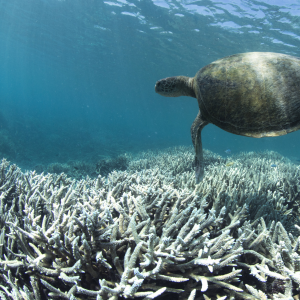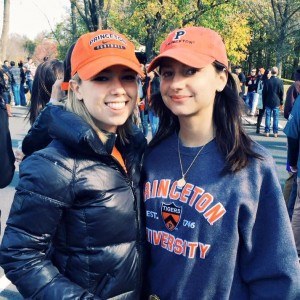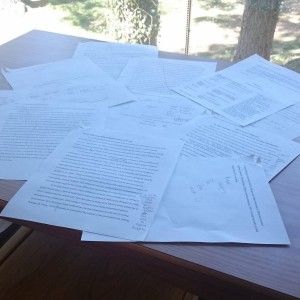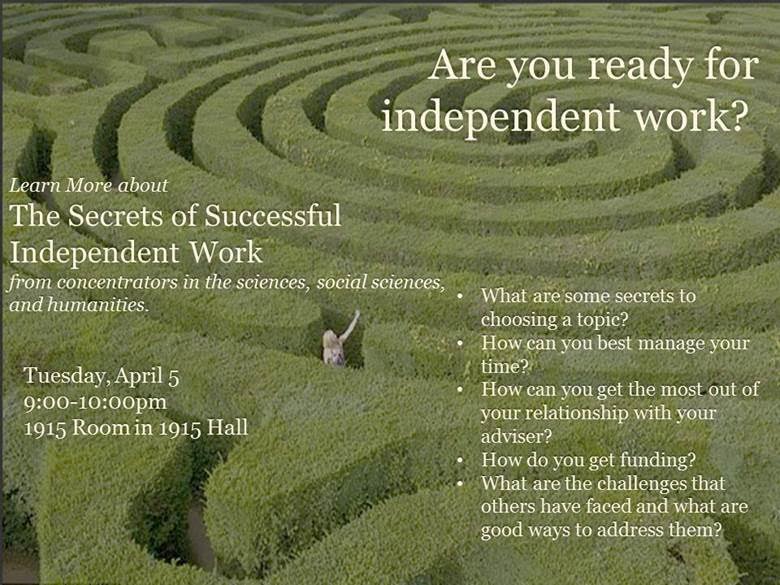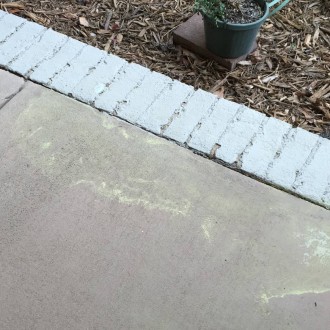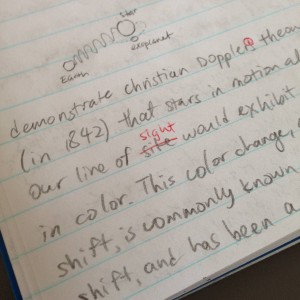This past Saturday, I ventured to Whitman Dining hall for a delicious Saturday Brunch (featuring my favorite breakfast burritos)…but, more importantly, I went to the McGraw Center’s Spring 2016 Hackademics workshop. Hacakademics is a relatively recent initiative that helps Princeton students crowdsource in-depth analyses of the courses offered here. Each participant in the “hackathon” contributes by choosing a course that hasn’t already been documented during previous Hackademics, and analyzing it in-depth to help students who plan to take the course in the future.
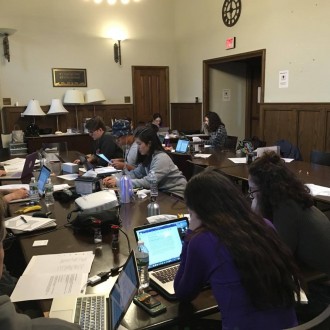
The workshop started with Nic Voge, the associate director of McGraw’s Learning Program, giving us an overview of how the hackathon would work. He talked about the need for great course analyses and introduced us to Principedia, the online database of all the course analyses done at past Hackademics. Previously, I thought that the only organized resources we had for choosing classes were the mandatory course evaluations on TigerHub. While those course evaluations are helpful, they frequently present readers with conflicting pieces of undetailed information; I could really see the motivation behind Principedia. Plus, all Hackademics participants got to take lots of cool swag — and they raffled off two coffee machines!
Continue reading Hackademics and Principedia: Upgraded Course Evaluations


